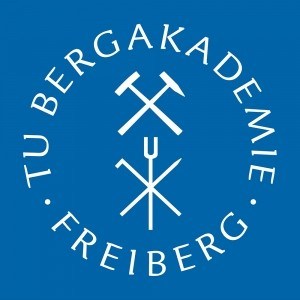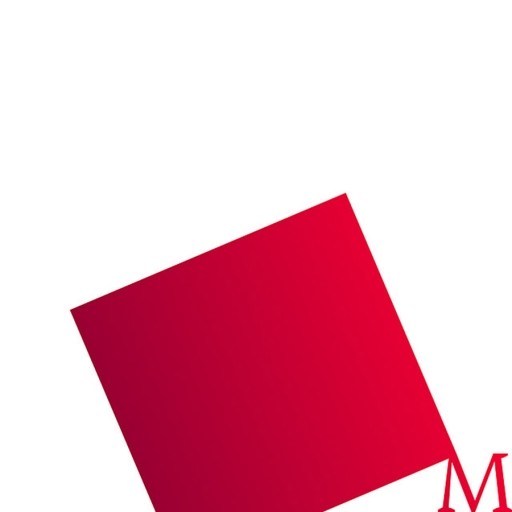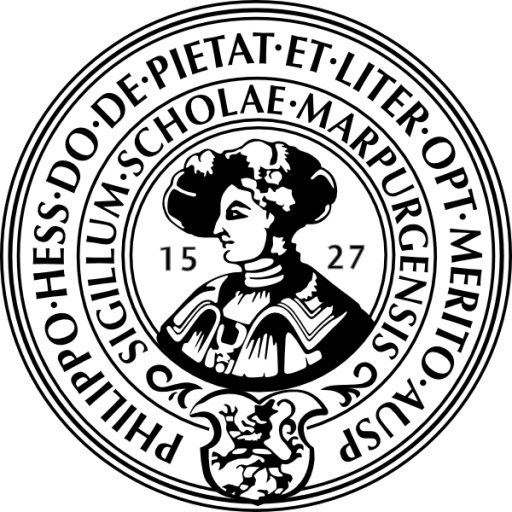Photos of university
The Master’s degree programme in Textile Machinery and High Performance Material Technology at Technische Universität Dresden is a comprehensive and forward-looking course designed to prepare students for the evolving demands of the textile industry. This interdisciplinary programme combines engineering principles with advanced material science to equip graduates with the knowledge and skills necessary to innovate and optimize textile manufacturing processes, machinery design, and the development of high-performance materials. Students will delve into topics such as textile process engineering, machine construction, automation, and control systems, alongside the study of high-performance fibers, functional textiles, and smart materials. The curriculum emphasizes practical application, with laboratory work, industry projects, and internships that foster hands-on experience and real-world problem-solving abilities.
Throughout the course, students will explore the latest technological advancements, including sustainable manufacturing practices and eco-efficient processes, aligning with global trends towards environmental responsibility. The programme also aims to enhance students’ research and analytical skills, preparing them for careers in industry innovation, research and development, and academic positions. Collaboration with industry partners provides valuable insights into current challenges and opportunities within the textile and materials sectors. Graduates will be well-equipped to take on international roles in machinery design, process optimization, quality control, and material development. By integrating theoretical knowledge with practical expertise, the programme seeks to cultivate skilled professionals capable of leading technological advancements in textile machinery and high-performance material technology, ensuring their competitiveness in a rapidly changing industrial landscape.
Educational organisation
The course is divided into modules and requires four semesters of study. It consists of 12 compulsory modules. The modules are offered during the first three semesters and the first six weeks of the fourth semester. The remainder of the fourth semester is scheduled for the Master's thesis (four months) as well as the colloquium.The curriculum and objectives of the course, forms of lecturing and studying, requirements, suitability, frequency, required work, as well as the duration of each module can be found in the module description.
The appropriate distribution of the modules over the individual semesters can be taken from the study plan. Following this plan guarantees course completion within the time limit of two years.
Credits document students' average extent of work as well as the individual progress of their studies. One credit equals 30 hours of work. Usually, 60 credits are assigned to each year of studies, i.e. 30 per semester. Including the Master's thesis and the colloquium, 120 credits can be acquired in total. 100 credits come from the modules. 19 credits are awarded for the Master's thesis, and one credit for the colloquium.
In principle, credits for the modules are only awarded if the module examination is passed. The module descriptions explain in detail how many credits can be earned for one module and under which conditions this is possible.
The programme is characterised by a very good relation between the teaching staff and students. The excellent infrastructure with modern machinery and installations as well as a testing facility for the entire process chain is almost unique in Germany and indeed worldwide in this field. Financial sponsorship is offered to students to attend national and international conferences and exhibitions. This is supported by the attachment of the institute to an efficient international network in the sector. Thanks to the excellent study conditions, an extremely high success rate for students with a DAAD scholarship has been achieved so far.
Study abroad unit(s)
NoneInternships
NoneForms of assessment
Credits (Leistungspunkte) document the average extent of work of the students as well as their individual progress. One credit equals 30 hours of work. Each year of studies usually amounts to 60 credits or 30 credits each semester. All in all, 120 credits are acquired by attending and passing courses and the Master's thesis and colloquium. 100 credits come from the modules, 19 from the Master's thesis and one from the colloquium.Credits are awarded for the modules only if the module examination is passed. The number of credits for each module and the conditions for passing are stated in the module descriptions.
Each subject is examined in written and/or oral form and students will receive the stated number of course credits. At the end of the programme, they must write and defend their Master's thesis.
Course objectives
The consecutive Master's course of studies Textile and Clothing Technology offers an interdisciplinary education in the field of Textile and Clothing Technology to students with a first university degree in the fields of mechanical engineering, textile engineering, textile technology, ready-made clothing engineering, ready-made clothing technology, textile chemistry or textile finishing.The objective is to produce graduates who understand the field of Textile and Clothing Technology in its complexity, who have become acquainted with innovative fields of research, and who can apply their acquired specialised knowledge in their profession, especially in research, industry, teaching and international cooperation. Graduates are qualified for employment in technical executive functions in the textile and clothing industry, especially in companies that develop technical textiles, but also in the textile machinery industry, in research institutions, and in education or public service.
Language requirements
German language test for university qualification- DSH 2 or TestDaF, level 4 - in all partial fields or other equivalent language certificates according to the Resolution of the Proof of Language Knowledge by the Conference of Ministers of Culture, Education and Church Affairs of 6 June 1995, updated 9 March 2005.
At the time of application for a DAAD scholarship, only the proof of German language skills at level A2, preferably B1, is required. It is then a prerequisite to attain a DSH 2 or TestDaF 4 qualification in a German language course prior to the start of the first semester.
Required DSH / TestDaF
YesAcademic requirements
First vocationally qualifying international university degree (BSc) in the fields of mechanical engineering, textile engineering, textile technology, ready-made clothing engineering, ready-made clothing technology, textile chemistry or textile finishing, including a related industrial experience in the field of the intended Master's degree in the last two years before applying and also during the application period/process for the DAAD scholarshipEnrolment fees
The enrolment fee is currently about 260 EUR per semester and includes a semester ticket, which entitles students to use public transport in and around Dresden and regional trains within the federal state of Saxony. Additionally, it offers benefits (e.g. price reductions) for many cultural and leisure activities in Dresden.Costs of living
The cost of living varies according to personal needs and preferences. However, about 700 EUR per month represents an average budget for a student in Dresden, including expenses for accommodation, food, items of everyday life, and insurance.(This figure is relatively low compared to other big German cities.)
Job opportunities
In order to top up their budget, some students may want to look for temporary work in Dresden. If so, different regulations apply for students from EU member states, countries of the European Economic Area (EEA) and Switzerland, and students from outside the European Union and the EEA area. Please bear in mind that a temporary job is not easy to find. In addition, restrictions on the duration of employment may apply.Arrival support
The university provides counselling via e-mail and personal appointments regarding all matters related to arrival and living in Dresden, guided campus tours, and welcome receptions to which new students are invited to meet other students and professors.For PhD students and researchers, the Welcome Center also provides additional support services concerning visa issues, finding suitable accommodation, etc.
Services and support for international students
TU Dresden International Office offers a tutor network that helps new international students organise their studies. All international freshers are invited to an introduction day at the beginning of their first semester, on which they will also meet their tutors.Furthermore, the International Office's cultural office and various student initiatives provide a plethora of social and cultural activities each semester (guided city tours, trips in the region and to other cities in Germany or neighbouring countries, language tandems, etc.).
Accommodation
It is quite easy to find accommodation in Dresden. Accommodation is available either via the Studentenwerk Dresden or on the private market. Rent for a single room in a student residence is approx. 250 EUR.Private housing can be found online. We recommend moving into a hall of residence at the beginning of your stay in Dresden and later find a place on the private market or in a shared apartment, known in German as a "Wohngemeinschaft".










